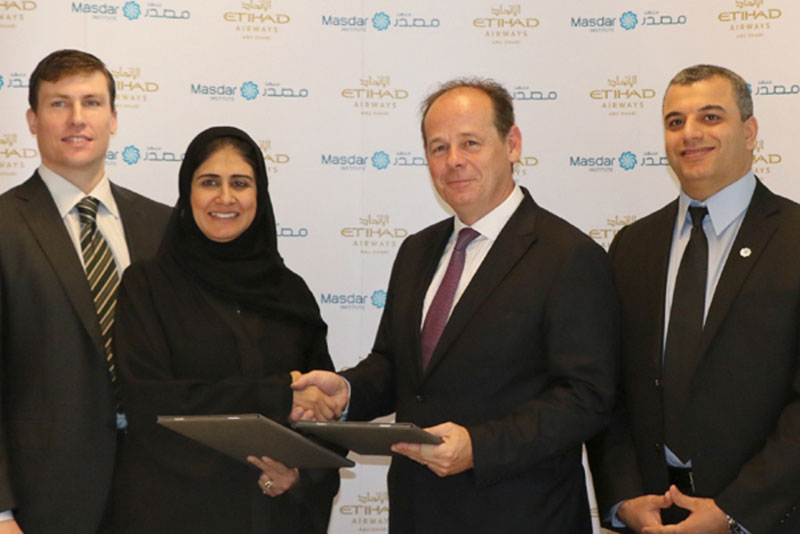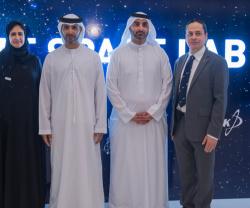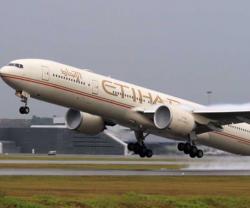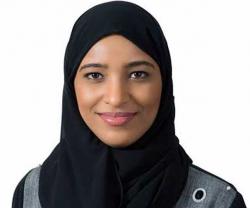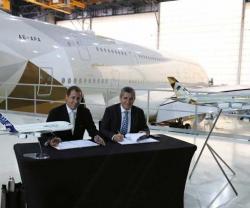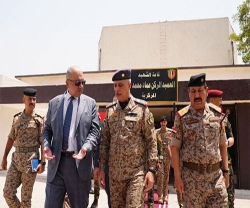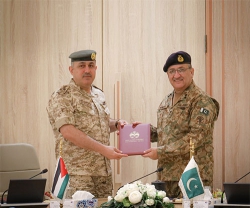Etihad Airways and the Masdar Institute of Science and Technology, a graduate level, research-oriented university based in the UAE, have signed a research agreement to develop a fog prediction and monitoring system to serve the needs of the aviation sector.
Signed on the first day of the UAE’s Innovation Week 2015, the system will provide Etihad Airways’ Operations with accurate fog formation and dispersion forecasts around Abu Dhabi International Airport, in addition to satellite-based tools for fog detection and tracking, contributing to the airline’s objective of enhancing its Air Traffic Management (ATM) system.
The agreement was signed by Chris Youlten, Etihad Airways’ Senior Vice President, Network Operations, and Dr Behjat Al Yousuf, Interim Provost, Masdar Institute, in the presence of officials from both partners.
Titled: “Towards achieving a fog-ready Air Traffic Management system for Etihad Airways: Numerical forecast and satellite detection,” the research project will be led by Dr. Marouane Temimi, associate professor of Water and Environmental Engineering and Head of the Coastal and Environmental Remote Sensing and Modeling Lab. Master’s and PhD students may contribute to the project at a later stage.
The project outcome will have far-reaching benefits for the aviation sector. At present, unforecasted outbreaks of dense fog creates challenges such as flight delays, flight diversions, personnel disruptions, and traveller disturbance.
These result in wasted resources and additional costs to the airlines and passengers, and puts strain on the airport infrastructure. Moreover, the contingency strategy of loading extra fuel on board aircraft so they can stay airborne longer or divert to another airport, reduces cargo capacity, generates additional financial pressures for airlines and contributes to unnecessary carbon emissions.
Abu Dhabi experiences frequent outbreaks of dense fog, especially between October/November and March/April during which visibility drops significantly. During such outbreaks, operations at Abu Dhabi Airport may be significantly disrupted or even stopped completely. Such conditions make it critical for airlines to have an accurate fog management support system that provides operators with the efficient tools to plan properly and mitigate any adverse impact.
Masdar Institute’s recently launched environmental regional observatory offers comprehensive information for monitoring coastal processes in the UAE and the region. It also provides in-depth information including forecasts for the Arabian Gulf for the next five days with hourly updates. Such facilities make Masdar Institute the prime location for external organizations to conduct region-relevant research in weather conditions.

